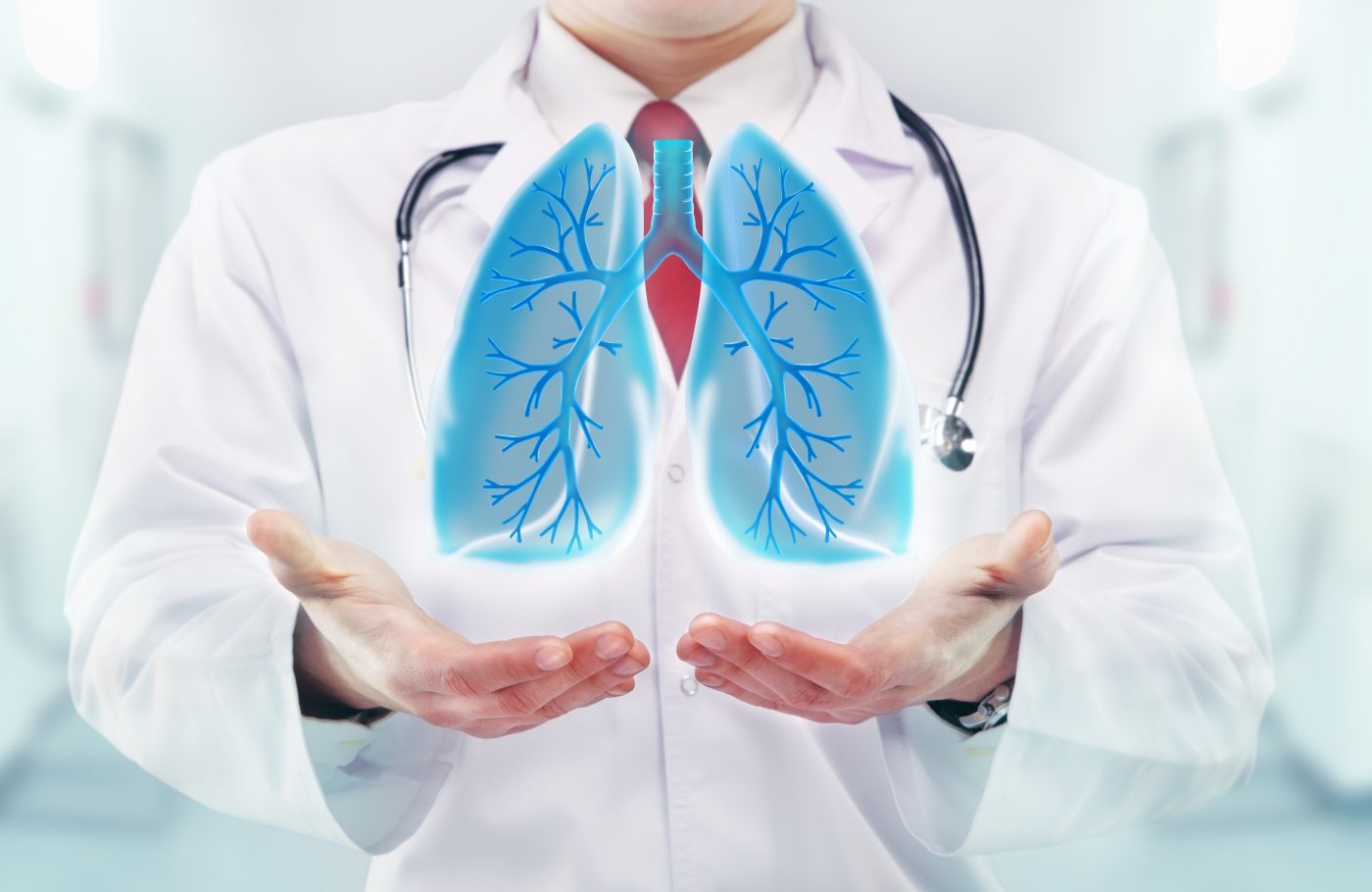Idiopathic Pulmonary Fibrosis
The term “idiopathic” indicates that the cause of the disease is unknown. In Idiopathic Pulmonary Fibrosis, the lung tissue becomes thickened, stiff, and scarred over time. This fibrosis disrupts the normal structure and function of the lungs, impairing their ability to transfer oxygen to the blood effectively.
Symptoms of Idiopathic Pulmonary Fibrosis
IPF symptoms develop gradually and may worsen over time. Key symptoms include:
- Persistent dry cough
- Shortness of breath, especially during physical activity
- Fatigue and weakness
- Chest discomfort
- Unexplained weight loss
- Clubbing of fingers (widening and rounding of fingertips)
Causes and Risk Factors
- Genetic predisposition: A family history of asthma increases your risk.
- Environmental triggers: Exposure to allergens, smoke, or pollution.
- Viral infections: Especially during childhood.
- Immune system response: Overreaction to allergens due to limited early exposure.
Comprehensive Services Offered
Although the exact cause of Idiopathic Pulmonary Fibrosis is unknown, several factors may contribute to its development, including:
- Genetics: A family history of pulmonary fibrosis increases the risk.
- Environmental factors: Long-term exposure to dust, smoke, and industrial pollutants may play a role.
- Smoking: A significant risk factor for developing IPF.
- Age: IPF commonly affects individuals aged 50 and above.
- Gastroesophageal reflux disease (GERD): Chronic acid reflux might contribute to lung scarring.
Diagnosis of Idiopathic Pulmonary Fibrosis by Dr. Shivanshu Goyal
Dr. Goyal employs a thorough diagnostic process to identify IPF, which includes:
- High-Resolution CT (HRCT) Scan: A detailed imaging test to detect lung scarring and patterns typical of IPF.
- Pulmonary Function Tests (PFTs): Measure lung capacity and functionality.
- Blood Tests: Rule out other conditions that mimic IPF symptoms.
- Lung Biopsy: In rare cases, a sample of lung tissue may be examined for confirmation.
Treatment Options for Idiopathic Pulmonary Fibrosis (IPF)
While IPF has no cure, Dr. Shivanshu Goyal focuses on slowing disease progression and managing symptoms through:
- Antifibrotic Medications: Drugs like pirfenidone and nintedanib help reduce lung scarring and slow disease progression.
- Oxygen Therapy: Ensures adequate oxygen levels to improve energy and reduce breathlessness.
- Pulmonary Rehabilitation: Customized exercise and breathing programs to enhance lung function and overall well-being.
- Lifestyle Modifications: Quitting smoking, maintaining a healthy diet, and managing co-existing conditions such as GERD.
- Lung Transplant: In advanced cases, a lung transplant may be considered.
Preventive Measures and Support
Dr. Goyal emphasizes regular follow-ups and a proactive approach to managing IPF. Preventive steps include avoiding respiratory infections, getting vaccinated against flu and pneumonia, and maintaining a healthy lifestyle.
FAQ
Why Choose Dr. Shivanshu Goyal?
Dr. Goyal’s expertise in respiratory diseases, combined with his compassionate approach, makes him a trusted name in IPF care. He provides a comprehensive treatment plan tailored to each patient’s needs, focusing on improving their quality of life.
Book Your Consultation Today
For expert guidance on managing Idiopathic Pulmonary Fibrosis, consult Dr. Shivanshu Raj Goyal, the best Idiopathic Pulmonary Fibrosis doctor in Gurgaon and breathe better, live healthier.

